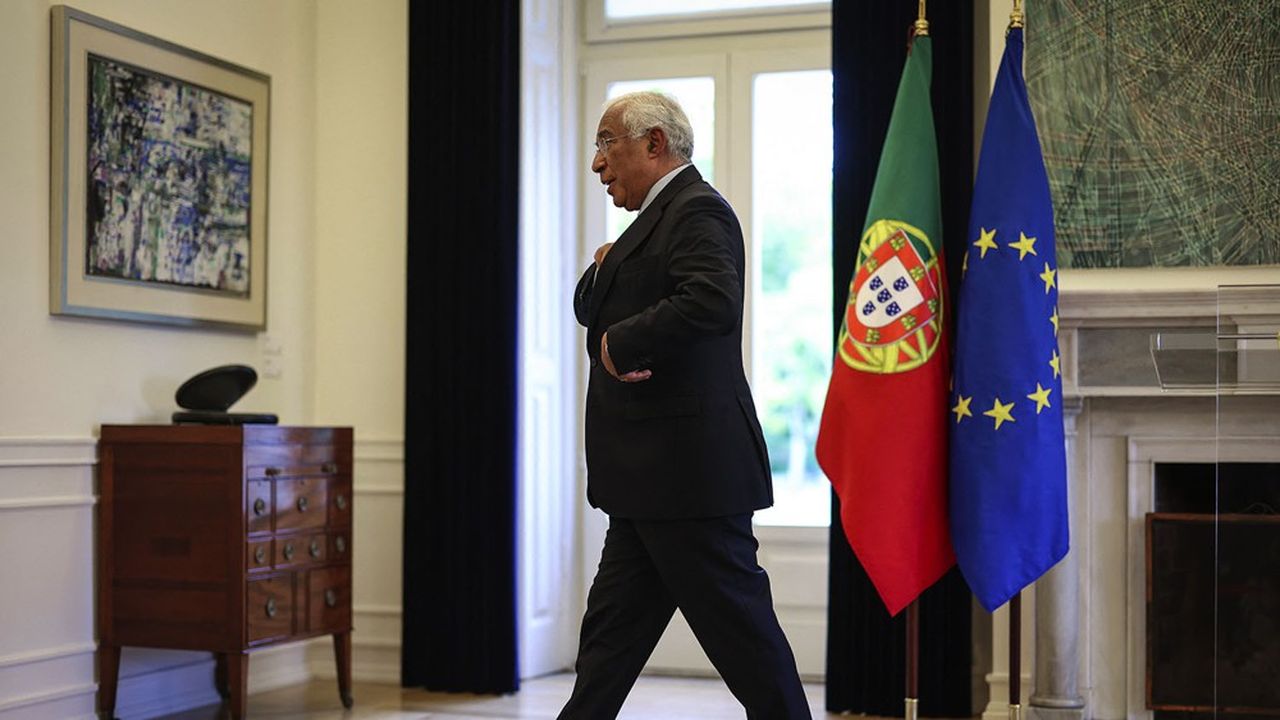Published on Nov 7, 2023 at 5:19 p.m.Updated Nov. 7, 2023 at 5:49 p.m.
“The functions of Prime Minister are not compatible with any suspicion of my integrity. In these circumstances, I presented my resignation to the President of the Republic. » Portuguese Prime Minister Antonio Costa announced on Tuesday that he was resigning from his functions, after being implicated in a case of corruption and influence peddling linked to the award of energy projects.
This sudden resignation follows a series of cascading searches, carried out Tuesday morning in his official residence and at the homes of several people in his close entourage, which resulted in the arrest of his chief of staff, one of his assessors and a business manager who is part of his circle of friends. These interventions by the judicial police take place as part of an investigation opened three years ago into irregularities in preferential treatment in obtaining contracts.
Separate investigation
Antonio Costa’s announcement follows the note from the General Prosecutor’s Office indicating that a separate investigation would be opened by the Supreme Court, to shed light on his concrete role in the awarding of concessions for two lithium exploitations and the construction of a data center and a green hydrogen production site which is one of Portugal’s emblematic projects in terms of energy transition.
“I have devoted my soul and my heart to Portugal, another stage of my life is now beginning,” announced Antonio Costa during a brief appearance in front of the press, ensuring that he is leaving “with a clear conscience”.
This abrupt departure marks the unforeseen end of his political career and cuts short his plans to run for the presidency of the European Council, although he seemed well placed to succeed Charles Michel. He arrived at the post of Prime Minister in 2015, promising to “turn the page on austerity” in a country depressed by the severity of the rescue plan drawn up by the Troika to deal with the financial crisis.
Despite the skepticism of the markets and Brussels, he had succeeded in reactivating consumption and regaining the confidence of investors, taking advantage of the momentum of tourism to project the image of a modernized country. Eight years later, he leaves office while the country, which now displays a budget surplus, has gone from weak link in the euro to champion of fiscal discipline.
The President of the Republic Marcelo Rebelo de Sousa will receive the political parties represented in the Assembly on Wednesday, then listen to the Council of State on Thursday, before announcing a foreseeable dissolution of Parliament and the calling of early legislative elections.


